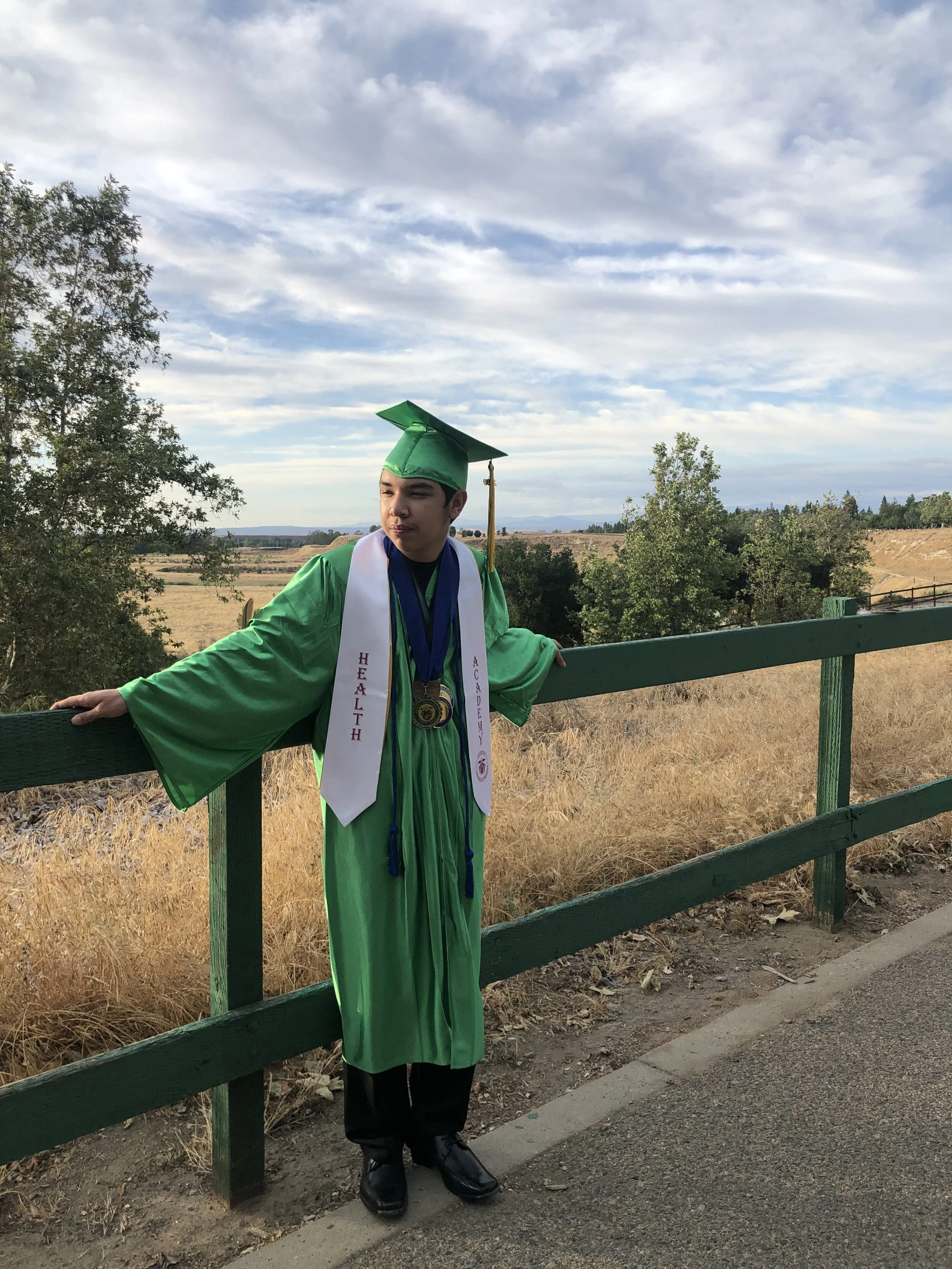EN: Through a series of interviews, Valley Forward reached their immediate and familial networks to help us understand the realities of daily life in the lower San Joaquin Valley, as well as hopes and dreams for the future.
Through these interviews, we hoped to get a picture of what it means to live, work, and raise families in this complex region that is severely impacted by the agriculture industry.
Click the participant number at the bottom of each quote to learn more about their experiences living in the San Joaquin Valley.
ES: A través de una serie de entrevistas, Valley Forward pudo acercarse a varios familiares y amigos quienes nos ayudaron a entender las realidades de la vida cotidiana en el sur del Valle de San Joaquín, así como sus esperanzas y sueños.
A través de estas entrevistas se pudo entender mejor lo que significa vivir, trabajar y criar familias en esta región tan compleja, que es tan severamente impactada por la industria agrícola.
Haz click en el número de participante, abajo de cada frase, para saber más sobre sus vidas y experiencias en el Valle de San Joaquín.
“I start early and happy but end very tired.”
“I always need to go with my mother to her workplace because she doesn't want me to stay home alone since we live far away and in a rural area, I always need to go with her and do my schooling from her workplace.” [interviews conducted during height of COVID pandemic with schools closed]
“My day usually starts at 6:00am and it ends at 2:30. I work in the agriculture industry so during the season my day will be impacted. It won’t be an 8-hour day, it can turn into a 12 or 16-hour day very quickly”
“What I do like about Fresno is that we have mountains around us that we can easily visit and camp out there if we drive about one to two hours”
“Siempre ha habido trabajo, pero ahora las cosas han subido mucho más. Las cosas suben, pero en el trabajo no le suben a uno.”
“Now I stay home because COVID happened, and they closed my work.”
“When I was in Nursing School, I didn’t have a car. I relied on Visalia public transit system. So, I remember going into Visalia transit from my house. I can see it changed, that now they upgraded their buses.”
“The people around me and the people in my community were a great support system. They helped me build up the confidence that I have today. I think is very cool to look back and see that it was your own community that helped you embrace yourself, it is beautiful.”
“Antes era mejor porque él nos rendía más el dinero, las cosas están mucho más caras y el sueldo no nos lo suben. Esta todo más caro.”
“I love that my community is small and most people know each other. Something that I find challenging in my community is the lack of public resources.”
“Ha cambiado mucho en los últimos 10 años. Cuando yo llegue había muchos árboles, hay más casas, han tumbado más árboles. Antes no había mucho cítrico, en el invierno se ponía el trabajo muy escaso. Pero ahora ya el cítrico ayuda a tener trabajo todo el año”
“I remember it was more active, there was a lot of community involvement and more children playing outside. Now there is more homeless around the area, more fights around the community. I do not think it is as peaceful as it used to be.”
“No era falta de dinero, nada más no podíamos agarrar apartamento porque nos pedían muchos requisitos que no teníamos. Tenía trabajo, pero no comprobante.”
“Something challenging is the safety needs to be improved. There has been shooting lately, and there are many homeless throughout areas in Fresno.“
“I was 9 years-old when my parents brought us from Mexico. They brought us on a van. We stopped at Tijuana, and then from there I guess my mom was waiting for us there. They pass me and my brother separately. I don’t know the guys that brought us here though. I just know that we were put in a van and we are just here.”











